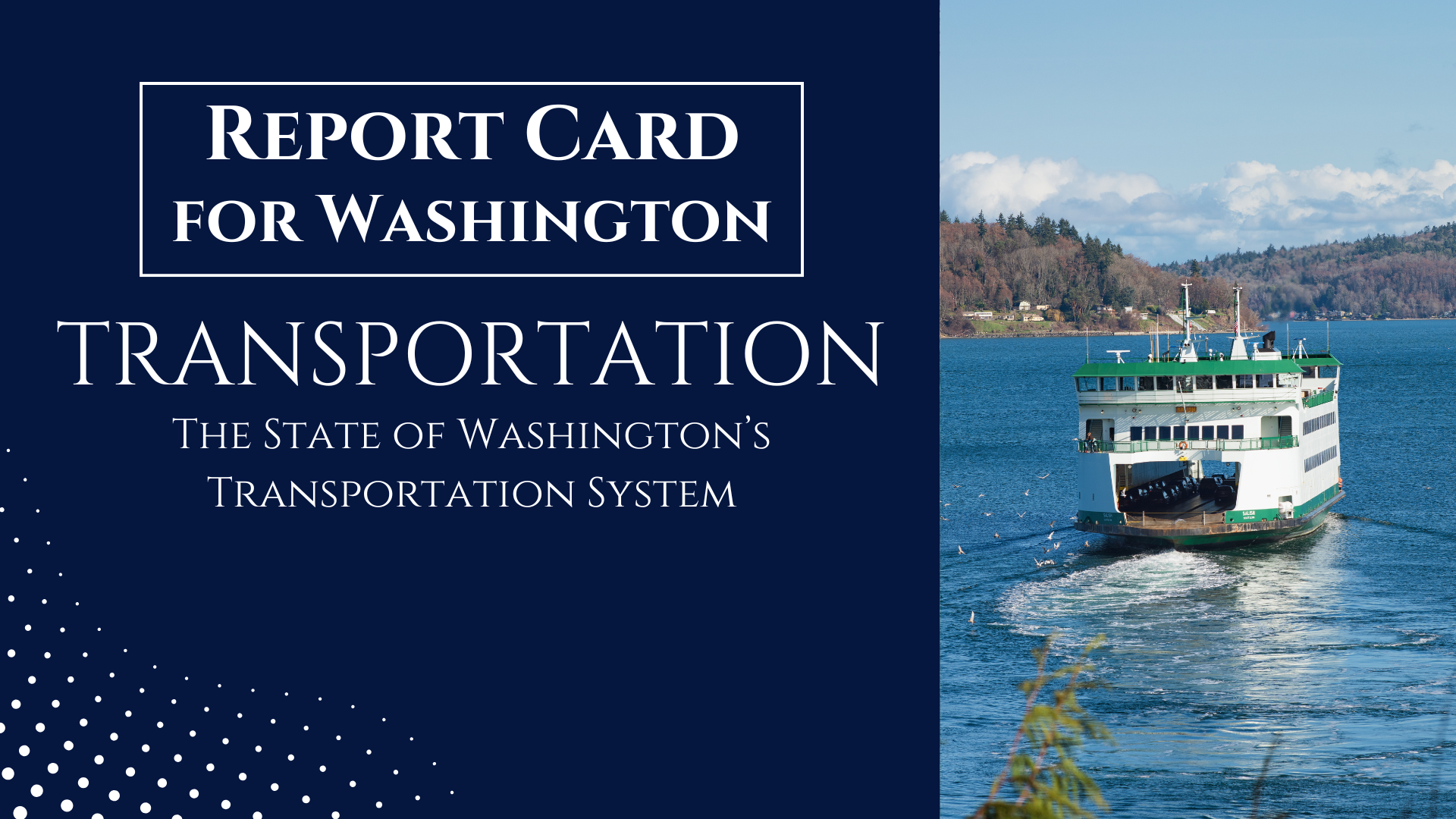Related Articles
Relevant Topics
It looks like Sound Transit’s lawyers will need to make room for yet another class action lawsuit that was filed on September 27th, which goes after the agency’s collection of the Sound Move car tab tax of 0.3%, passed in 1996. The plaintiffs allege Sound Transit has been overvaluing vehicles and overcharging taxpayers, contrary to the state constitution, for years – long before the Sound Transit 3 (ST3) car tab tax hike passed in 2016.
The new lawsuit was filed after both Sound Transit and the state Attorney General rejected the generous settlement offer they were given last week. The settlement would have allowed Sound Transit to keep its full 1.1% motor vehicle excise tax (MVET), but to levy it using a depreciation schedule in state law that is more closely aligned with fair market values of cars. The agency would have also been required to refund taxpayers a total of $125 million, which represents the difference between the total MVET the public has paid since March 2017 less the amount they should have paid were they not overcharged by Sound Transit.
We say it’s a generous offer because the alternative, should the Supreme Court rule in favor of taxpayers, would cost the agency close to $500 million dollars, as well as the loss of the entire ST3 car tab tax, and could compromise the agency getting over a billion dollars from the federal government in grants and loans.
Not taking the settlement offer is a gamble, but not a surprising choice from an agency that has consistently refused to take ownership of its mistakes and misleading of the public.
The new lawsuit seeks to “prevent the Department of Licensing (DOL) and Sound Transit from unconstitutionally hiking vehicle excise taxes under ST1, because the law authorizing higher tax rates (which Sound Transit has ignored for years) failed to follow the requirements in the state constitution. The new suit could result in millions more refunds of illegally collected taxes.”
The plaintiffs are not challenging Sound Transit’s authority to collect the Sound Move tax, but rather the depreciation schedule that Sound Transit is using to calculate total MVET – which they are not constitutionally authorized to use.
The authorization for the Sound Move car tab tax instructed the agency to calculate the MVET in compliance with RCW 82.44 – which includes vehicle depreciation schedules. These schedules changed in 1999 and 2006. Sound Transit made the change in 1999, but not in 2006, arguing the shift would substantially impair bond contracts. The plaintiffs debunk that claim by showing Sound Transit’s tax revenues for multiple years, demonstrating that what the agency owes in annual bond repayments is a small fraction of how much they bring in in tax revenue from multiple tax revenue streams.
To make matters worse, Sound Transit’s lawyers added language in 2010 that not only must the MVET comply with RCW 82.44 – but it must comply with the law as it was written on January 1, 1996. The Sound Move MVET does not comply with that schedule – and neither does the Sound Transit 3 MVET. Both calculate MVET using a 1999 depreciation schedule.
If this sounds complicated or confusing – that is because it is. It shouldn’t be.
Knowing what you owe in taxes and how those taxes are calculated should be as easy as reading two pages of clear and transparent state law, and knowing what the right answer is. That’s not the case here – not for the public, not for lawmakers, not for the Attorney General’s office, not even for the state Supreme Court. It is profoundly complicated because that is what happens when a public agency deliberately hides information.
As with the first lawsuit, we will continue to track this lawsuit closely as it heads to Pierce County Superior Court.





